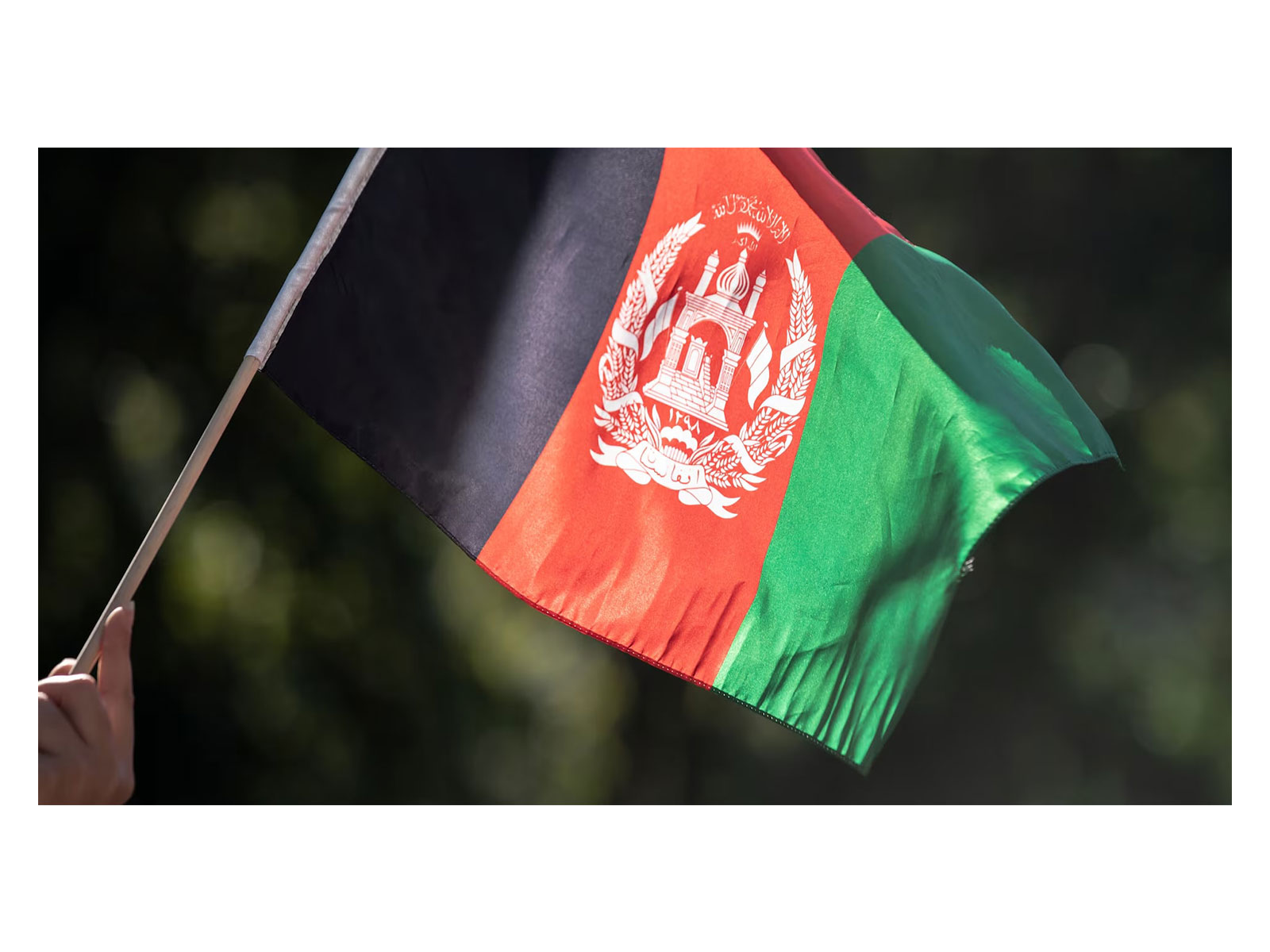Activists Unite for Freedom: Afghan United Front Calls for Sovereignty
In an Afghan United Front meeting, activists from Pashtun, Baloch, Sindhi, and Kashmiri communities reaffirmed their fight for independence from Pakistan. They criticized Pakistan's use of madrassas for ideological indoctrination and highlighted regional exploitation and oppression, calling for unified resistance till sovereign rights are achieved.

- Country:
- United Kingdom
In a significant online meeting hosted by the Afghan United Front, key political and human rights activists from the Pashtun, Baloch, Sindhi, and Kashmiri communities renewed their pledge to fight for their regions' independence and freedom from Pakistani control, as shared by PoJK activist Amjad Ayub Mirza on X.
The activists expressed criticism towards the Pakistani government, claiming it uses educational institutions, media, and religious seminaries (madrassas) as tools for ideological indoctrination. They noted that during General Zia-ul-Haq's rule from 1977 to 1988, the number of madrassas in Khyber Pakhtunkhwa soared from 89 to almost 10,000 registered entities. This shift, according to the participants, aimed not only to impose a rigid Islamist framework in Afghanistan but also to undermine Pashtun nationalism within Pakistan.
Pashtun representatives asserted that the creation of Khyber Pakhtunkhwa and the concept of 'Pashtunistan' were strategies to fracture the Pashtun identity, deeply linked to Afghan culture. They raised concerns about the selective occurrence of terrorism acts in Pakistan, questioning why Punjab, where extremist leadership is based, often remains unaffected.
The Sindhi delegates highlighted enduring economic and political exploitation, despite Sindh's significant contributions to Pakistan's economy through GDP, gas, and oil production. They emphasized the absence of Sindhis in high-ranking military roles and pointed to vast local coal reserves that have not benefited the local population.
Baloch speakers clarified their stance as freedom fighters rather than separatists, condemning what they described as an occupation by Pakistan, ongoing military operations, and human rights abuses. Kashmiri voices called for a unified front among all oppressed groups under Pakistani governance, stressing the need for collective action to achieve freedom and justice.
The meeting concluded on a note of solidarity, with participants reaffirming their commitment to the ongoing struggle for self-determination, dignity, and independence, aiming for the liberation of all oppressed regions from Pakistani dominance.
ALSO READ
-
Baloch National Movement Protests Highlight Zehri Crisis in Busan
-
Outcry in Balochistan: Families Rally Against Enforced Disappearances
-
Escalating Tensions: Abductions in Balochistan Construction Sites
-
Balochistan's Unseen Crisis: Human Rights Violations Surge Amid Silence
-
Abduction in Balochistan: Seven Labourers Taken by Armed Men









